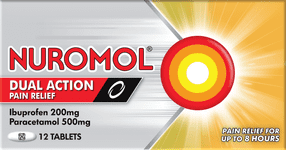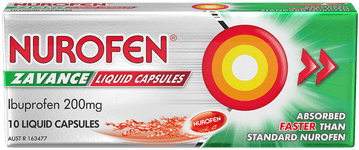Understanding dental pain
- Many people experience painful teeth and gums. This is also known as dental pain.
- Dental pain is often a continuous throbbing pain, but it may come and go. Sometimes, the pain’s worse during eating and drinking, especially if the food and drinks are hot or cold.
- Dental pain is not always felt in the teeth. Sometimes the pain can spread to the face and jaw.
Tooth decay is one of the most common causes of dental pain. However, dental pain may have another cause such as:
- A cracked tooth
- Loose or broken fillings
- Receding gums – this exposes more sensitive parts of the tooth not covered by enamel
- An infection in the tooth or gums
- Wisdom teeth breaking through the gums
Why do I get dental pain from tooth decay?
Teeth are made up of layers – the hard enamel on the outside, a softer layer below, and then a soft centre called the pulp, where the nerves and blood vessels are. Decay can wear through the outer layers of the tooth. When it reaches the pulp, the nerves are exposed, causing pain. The pulp may also get inflamed or infected. That’s why it’s important to see your dentist if you have toothache for more than one to two days. The longer you leave it, the greater the chances of it impacting your overall health.
Prevent dental pain by taking good care of your teeth
- Brush regularly – twice a day using a soft brush; don’t forget to brush gums and tongue as well
- Use a fluoride-containing toothpaste – if you have sensitive teeth, choose a toothpaste designed to reduce sensitivity
- Clean between teeth with dental floss or interdental brushes to remove plaque:
- Try to avoid sugary foods and drinks
- Don’t smoke
- Chew sugar-free gum after meals to stimulate saliva production
What should I do if I have a toothache?
See your dentist if you have tooth pain. You should also see your doctor if you have a fever, have trouble swallowing or breathing, or have signs of an infection (e.g. red, swollen, painful mouth or gums, bad tasting discharge).
Over-the-counter pain relievers such as ibuprofen or paracetamol may help ease dental pain. Nurofen contains ibuprofen that can assist in providing temporary relief of dental pain. Always read the label first and use as directed.
This article is for general information only and not intended as a substitute for medical advice. All information presented on these web pages is not meant to diagnose or prescribe. In all health-related matters, always consult your healthcare professional.
Always read the label. Use only as directed. Incorrect use could be harmful. If symptoms persist, see your healthcare professional. Do not use if you have a stomach ulcer. Do not give to babies under 3 months of age. Seek medical advice for children under 12 months of age. Reckitt Benckiser, Auckland. TAPS-NA12948. RB-M-08606.






